STARRS President Ron Scott wrote a letter to the editor of the Colorado Springs Gazette in response to an article:
AFA cutting civilian staff
This letter is in response to an article, “Air Force Academy superintendent proposes cutting civilian staff,” published in the Gazette on April 3. The overall tone was critical of the superintendent. While the article reports third-party members, it never cited USAFA leadership.
According to my network, leadership’s reaction is that while the topic might be newsworthy, it lacked additional context to make the article accurate and balanced.
For example, the article fails to mention that the Air Force Academy is significantly over civilian end strength and budget with the ability to replace some, but not all, with military faculty; nor does it address that some majors have only a handful of cadets.
Moreover, a presidential order “Restoring America’s Fighting Force” directed the SECDEF to …”carefully review the leadership, curriculum, and instructors of the Service Academies”…
The implied central argument in the article is that civilian faculty members are critical to ensuring a quality education that can withstand rigorous accreditation standards.
Yet, this argument ignores the essence of a Service Academy: to educate and train young men and women to become commissioned officers in our armed forces.
When I graduated in 1973, we had one civilian on the faculty — a foreign service officer instructing cadets in international affairs and political science majors.
The justification: while theory is useful, operational experience provides the real-world context to drive a deeper meaning and understanding of the subject matter, thus, role modeling officership with a military faculty.
The current superintendent brings a refreshing new focus on a warrior ethos.
The academy was established by Congress to produce officers to lead in the profession of arms, not to use the academy experience to pursue any other endeavor. The latter is a secondary benefit once service to our nation is completed, preferably 20 or 30 years later.
As a member of an organization focused on restoring merit and readiness to our armed forces, the current superintendent is a breath of fresh air.
Col. Ron Scott, USAF, retired
President & CEO STARRS.us
Another letter in the same issue:
A very specific mission
Re: “Air Force Academy superintendent proposes cutting civilian staff,” April 3. Thanks for reporting on this topic. I graduated from USAFA in the 1990s, and so I found the article very interesting.
Regarding the impact on the number and types of majors offered, it is interesting to look back over the history of the academy, learning which academic departments existed at the start and how departments and various areas of study have been added or changed over the years. If you’ve never done that, then I encourage you to do so — you can review the yearbooks to get a sense for it.
I was a cadet at USAFA from 1990 to 1994. During that time, I recall having only one civilian instructor, and he was a USAFA graduate from the ‘60s who taught physics. He was a great instructor. I think it’s fair to say that was the same sort of experience that most, if not all, of my classmates had.
The fact that nearly all of our instructors were officers was instrumental, in my opinion, to forming us into the sort of men and women that the Air Force — and our country — needed us to be.
The service academies are not civilian institutions, and USAFA has a very specific mission.
Gen. Tony Bauernfeind knows that of course, and as a man who has spent his career serving our country and as the former head of Air Force Special Operations Command, he knows — more than most — what’s required to be effective in the service of our country.
Even during the relatively short amount of time that I served in the Air Force, it was clear to me that our effectiveness as military members most often had relatively little to do with our particular major and had much more to do with our ability to solve problems and work as a team — in other words, the things that every service academy graduate learns, regardless of their academic major.
In the military service, the mission comes before the individual.
I know that it may be difficult for some of the cadets affected by the change in the composition of the academic departments, but the fact that the mission is the priority is a lesson that cadets must learn, and learn early and often, if they are to be the effective leaders that our country needs them to be.
Jeff Gregory
Georgia
First published on the Colorado Springs Gazette
The Mistake of Introducing Tenure at the United States Air Force Academy


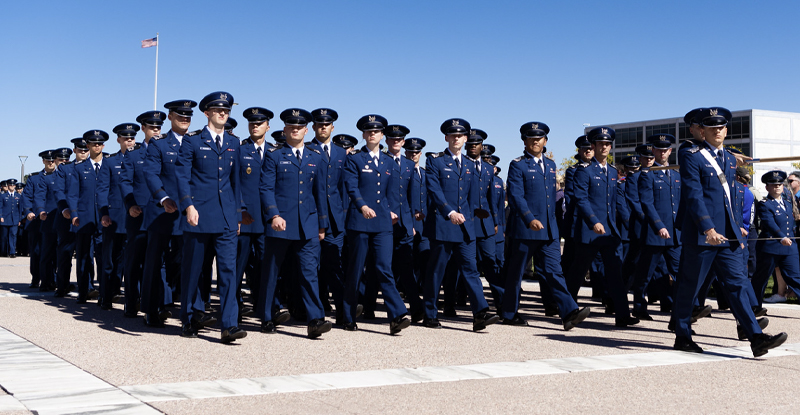


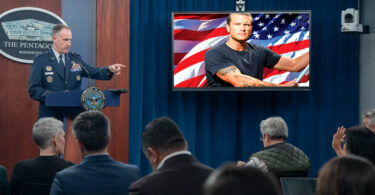
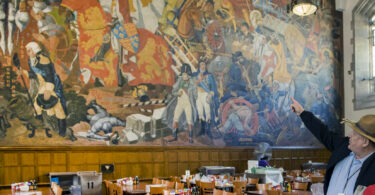
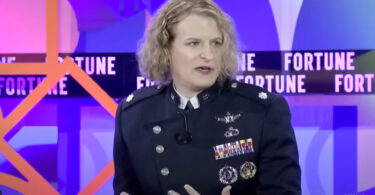
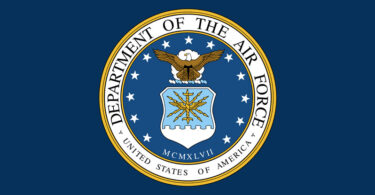
Leave a Comment